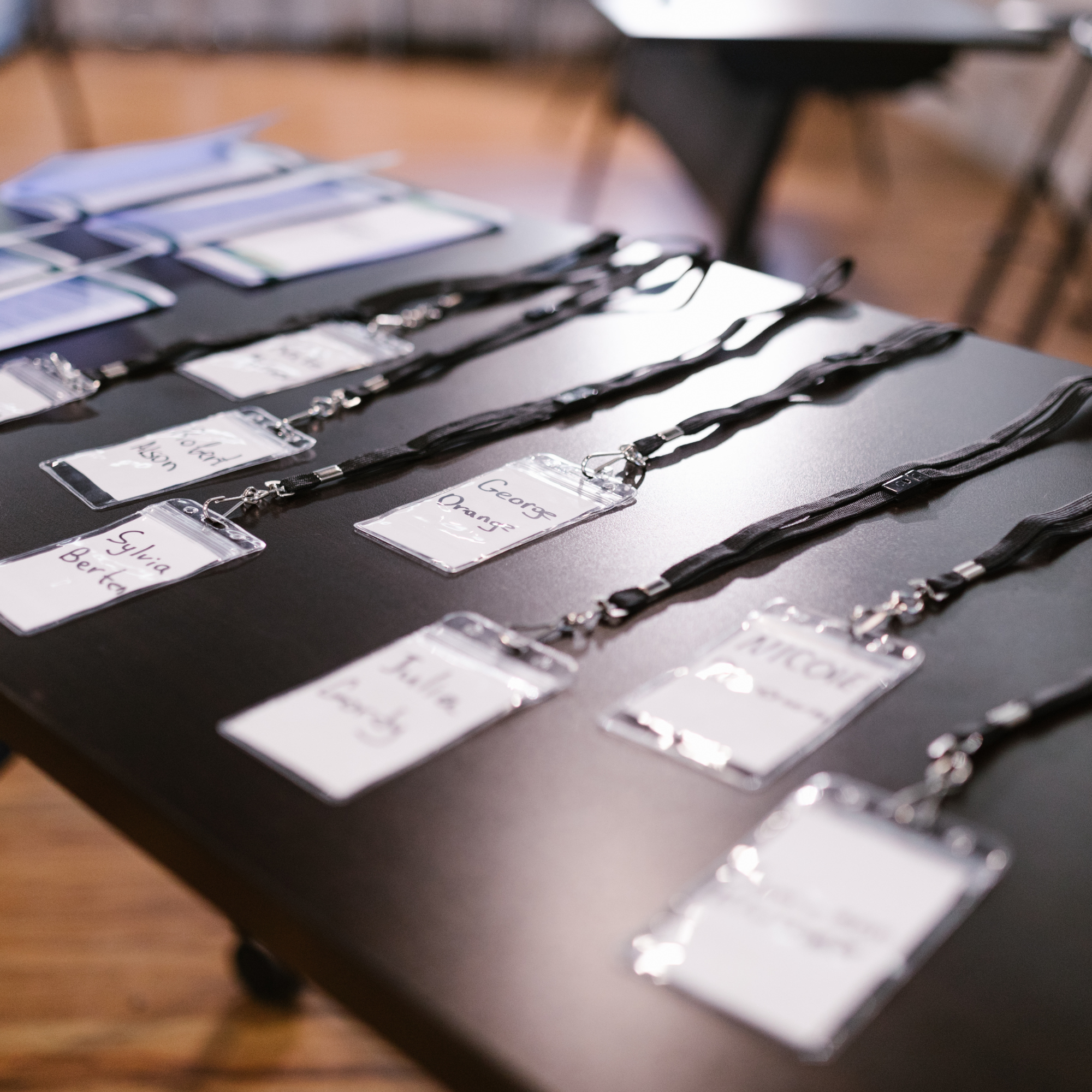

9th Biennial Conference of the ASBDD
Sunday 30th to Monday 31st March 2025
Sydney Central Hotel, Sydney, Australia
Announcement
We are thrilled to announce the 9th Biennial Conference of the Australasian Society for Bipolar and Depressive Disorders (ASBDD) held at the Sydney Central Hotel in Sydney Australia from 30th – 31st of March 2025. ASBDD aims to be the primary forum for research communication, academic exchange, advocacy, education, and consumer awareness for these serious and prevalent disorders. The ASBDD is the Australia and New Zealand regional chapter of the International Society for Bipolar Disorders (ISBD) and is one of the founding chapters of that organisation.
The conference will have clinical workshops, keynote presentations, oral presentations, posters, and contributions from leading international and Australasian clinicians and academics, as well as early career researchers and lived experience presenters.
This conference focuses on new understanding of bipolar and depressive disorders, their treatment, and prevention as well as the maintenance of good health and social integration. Though there is a strong academic base, it is intended that this conference will have valuable information for a wide range of clinicians, academics, and also for consumers and their families.
Registration is now Open with Early Bird discounted registration ending 2nd March 2025. Register today to secure your spot!

Conference Speakers
We will have eminent international and national speakers presenting on various important aspects of mood disorders. More details to come.
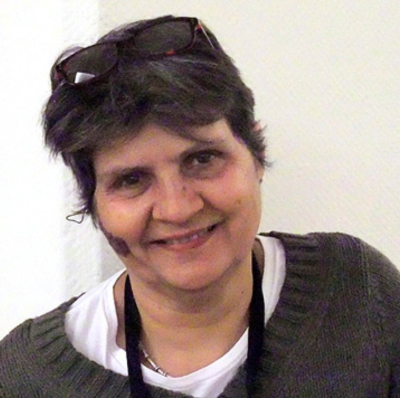
Professor Jan Scott
Professor Jan Scott is Professor of Psychological Medicine at the University of Newcastle, UK, and a Distinguished Founding Fellow of the International Academy of Cognitive Therapy.
Professor Scott trained in psychiatry in Newcastle upon Tyne and was then a professor in Newcastle, Glasgow and the Institute of Psychiatry in London, before returning to Newcastle. Professor Scott also held visiting academic posts with Aaron Beck at the University of Penn in Philadelphia, Eugene Paykel at Cambridge University, and was the recipient of the RCPsych travelling scholarship to Johns Hopkins University, USA. She currently holds visiting posts in Paris, Trondheim and at the University of Sydney and is a Science without Borders Fellow in Brazil (especially working with academic centres and in early intervention settings in Sao Paulo and Porto Alegre). Her current H INDEX is reported as 90 and her ‘Research Interest Score’ (a metric used on research websites such as Research Gate) is higher than 99% of other research members. Whilst those quoted metrics attempt to measure productivity and the impact of publications, if a composite rating is used that combines research, publications, clinical expertise and key opinion leader status, her rankings in bipolar and unipolar disorders are (according to ‘Expert Mapper’): Worldwide Ranked 48th and 62nd, respectively.
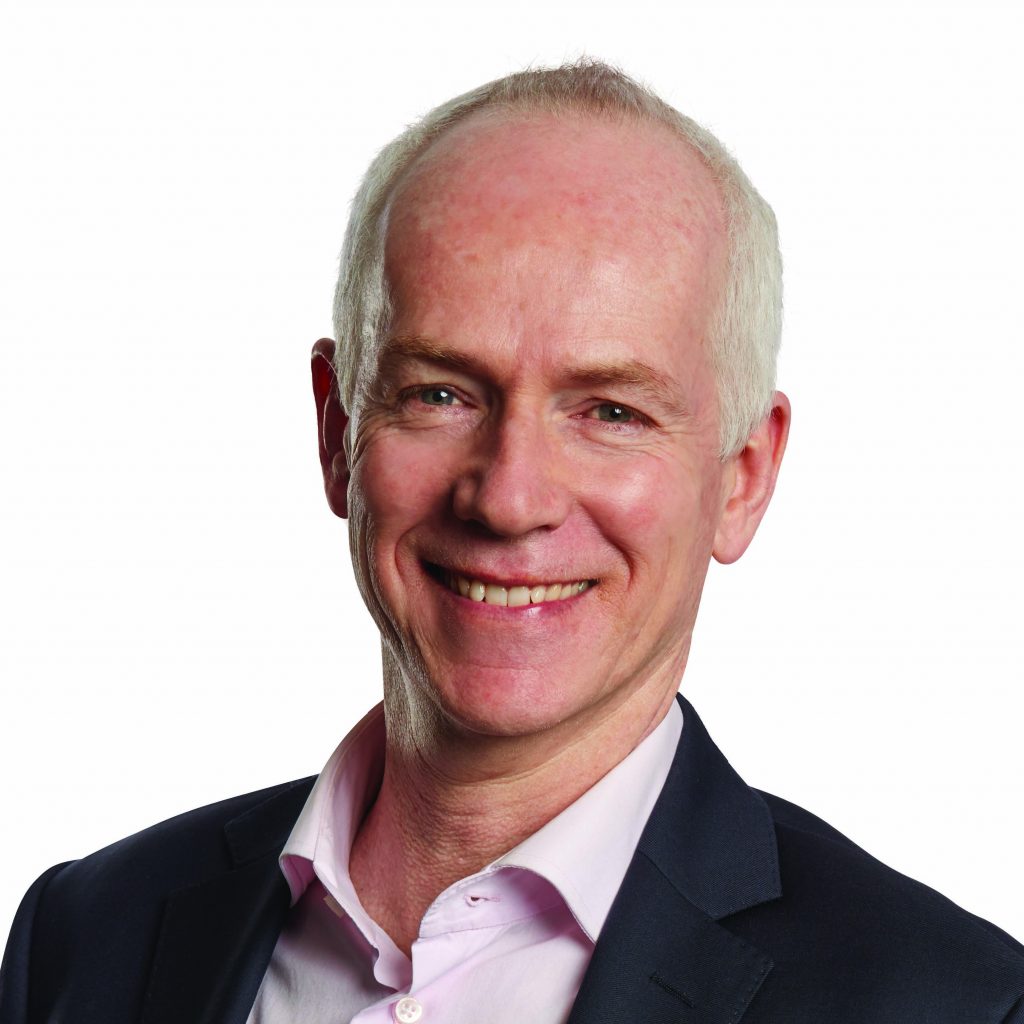
Professor Greg Murray
Professor Greg Murray is currently Director of the Centre for Mental Health and Brain Sciences at Swinburne University in Melbourne. He conducts holistic research into bipolar disorders, circadian rhythms, and personality. He is ranked in the top 1% of researchers worldwide in each of these fields and is recognised as a world expert in mood disorders (Expertscape). He took out his PhD from the Trinder Sleep Lab at University of Melbourne in 2001 and has been a full Professor at Swinburne since 2011. He is a registered Clinical Psychologist and was elected a Fellow of the Australian Psychological Society (APS) in 2013. Professor Murray’s > 230 journal articles are cited > 1000 times a year (Google Scholar) and he has been Chief Investigator on > $31 million in national and international competitive research funding. He is currently leading a 5-year Wellcome-Trust funded multi-national project investigating sleep and circadian disruption as a predictor of relapse in
bipolar disorder (2024-2029). Professor Murray’s chronobiology research has had significant translational impact. He was an expert consultant on the Wellcome Trust Sleep, Circadian Rhythms and Mental Health Report (2022), and has led two expert position papers by the International Society for Bipolar Disorders Chronobiology and Chronotherapeutics Task Force (2021, 2020). As an author of DSM-5-TR (2022), he introduced chronobiological vulnerability to the diagnosis of bipolar I disorder, and he authored the sleep content for the Clinical Guidelines for Lifestyle-based Care in Depression (2022). His Conversation article on the psychology of sleep disturbance has been read more than 1.3 million times.
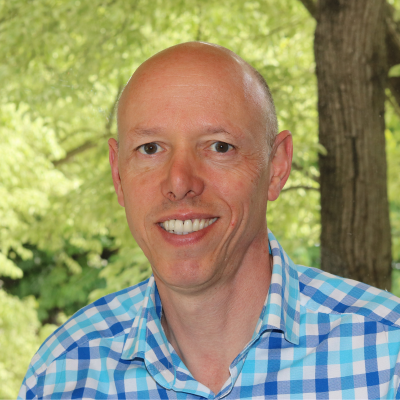
Professor Richard Porter
Richard Porter is Professor and head of the Department of Psychological Medicine, University of Otago, Christchurch and a Consultant Psychiatrist in a service for adults with intellectual disability. He trained in psychiatry in Newcastle-Upon-Tyne where his clinical training focussed on the treatment of resistant mood disorders. Recently his research has focused on psychological and chronobiological treatments for mood disorders and treatments for neuropsychological impairment in depression and bipolar disorder. Events in Christchurch have also led to an interest in PTSD and the mental health effects of natural disasters and terrorism. He has published over 250 scientific papers. He is an author of the 2020 Royal Australian and New Zealand College of Psychiatrists Mood Disorder Guidelines and Deputy Editor of British Journal of Psychiatry Open.

Dr Craig Macneil
Dr. Macneil graduated with a Doctorate in Clinical Psychology from the University of Glasgow, Scotland in 1997. He joined the Early Psychosis Prevention and Intervention Centre (EPPIC) in Melbourne in 2001, where he is a Senior Clinical Psychologist. He began work with the First Episode Mania Team at EPPIC at its inception in 2003, and has since undertaken research and clinical work to develop psychological interventions for this population. Dr. Macneil has lectured and facilitated workshops locally, interstate, and internationally, and is a Clinical Associate of three Melbourne universities. He has written and co-written over 40 research articles and is first author of Bipolar Disorder in Young People: A Psychological Intervention Manual.
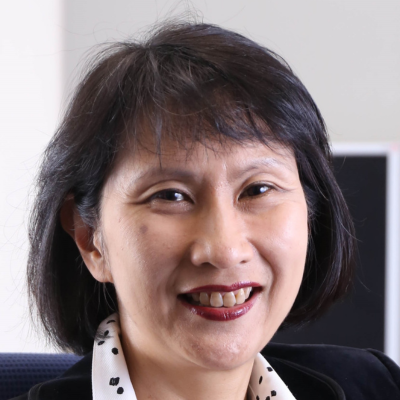
Professor Colleen Loo
Ketamine and Psilocybin Assisted Therapy for Treatment Resistant Depression – more in common than realised?”
Colleen Loo is a psychiatrist, Australian National Health and Medical Research Council Leadership Fellow and Professor of Psychiatry at the University of New South Wales in Sydney and the Black Dog Institute, Sydney; Australia. She is an internationally recognised clinical expert and researcher in the fields of electroconvulsive therapy, Transcranial Magnetic Stimulation, transcranial Direct Current Stimulation and ketamine, and led the first Australian RCTs of these interventions in depression. She has published over 300 peer reviewed papers and has received competitive grant funding from the Australian NHMRC, MRFF and major overseas grant funding agencies.
Prof Loo is active in ECT, Neurostimulation and novel treatments research, practice and policy, providing advice to Australian government health departments, the Royal Australian and New Zealand College of Psychiatrists, and several international guidelines. She was President of the International Society for ECT and Neurostimulation (ISEN) 2018-2020. She has served on the Editorial Boards of the two leading international brain stimulation journals: Journal of ECT, Brain Stimulation. She directs professional training courses in ECT, TMS, tDCS and ketamine.
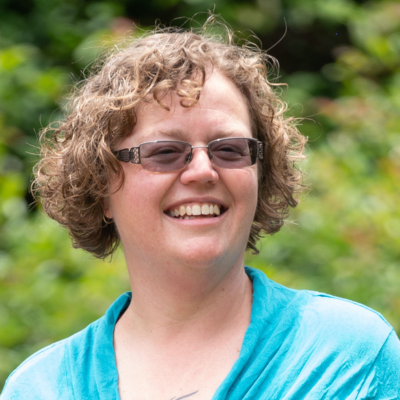
Professor Michelle Banfield
Michelle Banfield is Co-Director & Lived Experience Research Lead for the ALIVE National Centre for Mental Health Research Translation, Head of Lived Experience Research at the Australian National University (ANU) Centre for Mental Health Research and Chair of the ANU Human Research Ethics Committee. As a career academic living with bipolar disorder, Michelle’s work centres on embedded lived experience in research and translation. For over 20 years, she has been conducting research in partnership with others with lived experience and within the sector to develop and implement effective mental health research, services and policy reform. Michelle will be talking about her experiences in combining her lived and academic expertise for a unique and challenging career.
Conference Program
The conference program is now available! Click below to download the full two-day conference program.
The Conference Committee has curated an exciting scientific and clinical workshop program! The conference will feature contributions from leading Australasian clinicians and academics, as well as providing a range of networking and career development opportunities for early career clinicians and researchers. Clinical and research workshops will be offered, spanning relevant practical issues relating to the assessment, treatment and prevention of mood disorders.
Conveners – 2025 Conference:
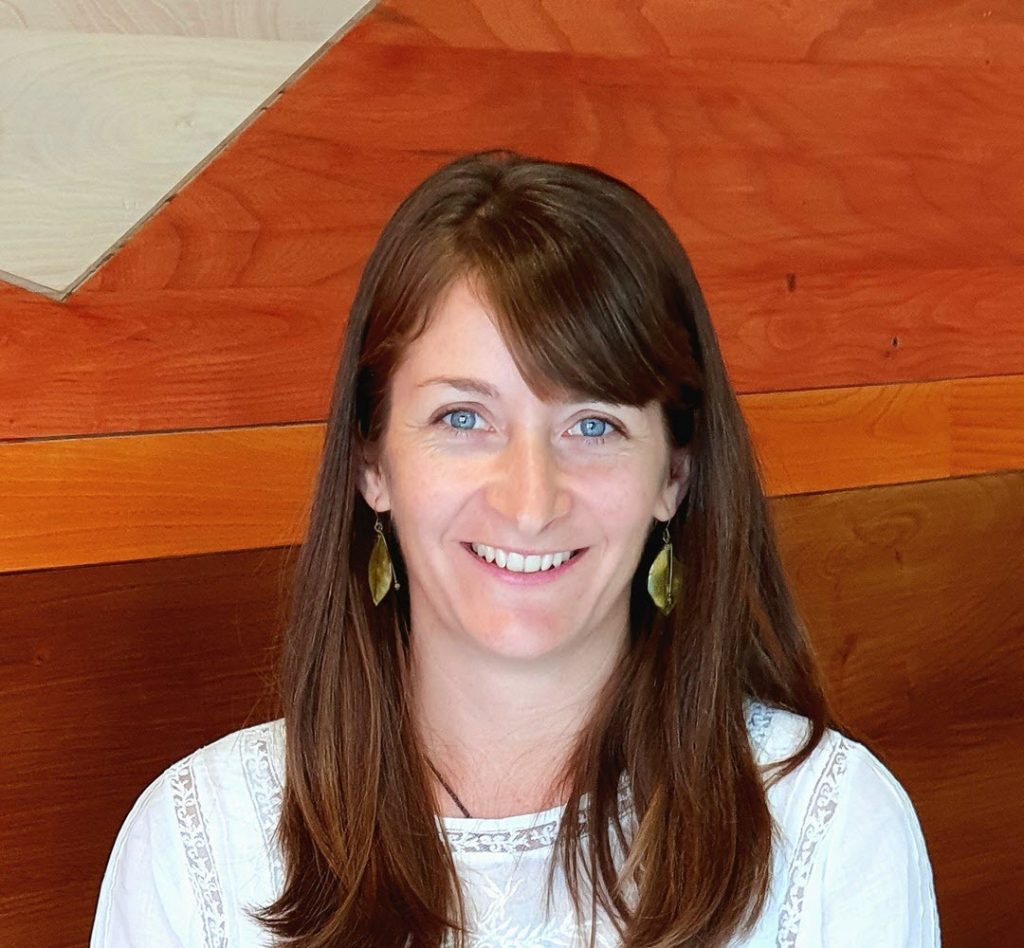
Associate Professor Katie Douglas
Co-chair
Katie is a senior research fellow and clinical psychologist at the Department of Psychological Medicine, University of Otago, Christchurch. She is a current recipient of the Sir Charles Hercus Fellowship from the Health Research Council of New Zealand.
Her main research interest is in understanding cognitive impairment in mood disorders and the development of novel targeted interventions. She also leads research streams within her department examining the cognitive and psychological impact of natural disasters and hormonal aspects of women’s mental health.
She is the principal investigator on two fully-funded, clinical trials for recurrent mood disorders (IPSRT combined with cognitive remediation) and treatment-resistant bipolar disorder (bright light and social rhythm therapy), as well as a named investigator on two further current clinical trials on tele-IPSRT for recurrent mood disorders and activation therapy for inpatient depression.
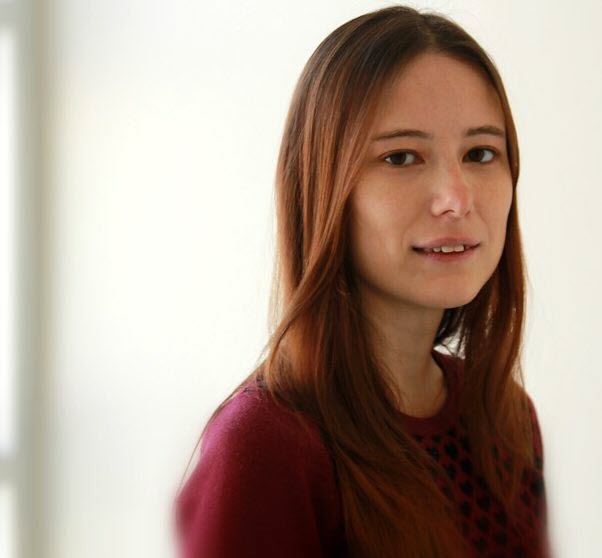
Dr Jennifer Nicholas
Co-chair
Dr Jen Nicholas is a research fellow at the Centre for Youth Mental health, University of Melbourne and Orygen, the world’s largest youth mental health research institute. Her research interests relate to how technology can both i) increase the availability, effectiveness, and reach of mental health interventions, and ii) support services to provide 21st century mental health care.
Jen completed her PhD in digital mental health for early intervention in bipolar disorder in late 2017 at the University of New South Wales and the Black Dog Institute. She then spent 18months at Northwestern University in Chicago, USA, at the Center for Behavioral Intervention Technologies as a postdoctoral research fellow, before returning to Australia as a Research Fellow at Orygen.
In 2022, Jen will begin her NHMRC Emerging Leader Fellowship in digital mental health implementation. For years, evidence-based digital interventions have promised to address limitations in accessing high quality, sustainable mental health care – but have so far failed to deliver. Her work will address this failure of research translation by refining, evaluating, and disseminating key implementation strategies in digital youth mental health and designing the next generation of implementation-ready digital interventions. This work will build on her recent research on the integration of MOST, a digital youth mental health intervention into youth mental health services across Victoria.
Organising Committee
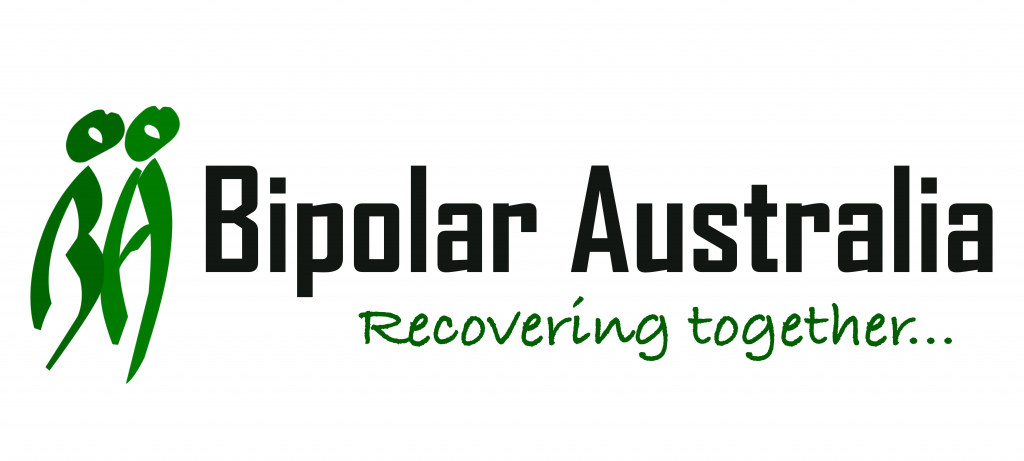
WORLD BIPOLAR DAY 2025
Bipolar Australia Fundraiser
Join Bipolar Australia with a Fundraiser Night to celebrate World Bipolar Day 2025.
Location
Sydney Masonic Centre
Corner of Goulburn & Castlereagh Sts, Sydney CBD.
Date & Time
Saturday 29 March
5pm – 7pm
What to Expect
Cocktails & Canapes
Inspiring Guest Speakers
Tim Heffernan, Alice Martin, Sarah Martin, Prof. Sue Cotton
Live Auction
Raffles
Blow Bubbles for Bipolar
Tickets
Supporters – $65
Pensioner/Student – $25
Sorry I can’t come – $20
REGISTER TODAY
Bipolar Australia is a registered charity. Tickets, Sponsorships and Donations are Tax Deductible.
Contact Us: info@bipolaraustralia.org.au
www.bipolaraustralia.org.au
Accommodation Options
ASBDD wishes to announce that we have organised a discounted room block at the Sydney Central Hotel (the conference venue) at $200 per night, from Saturday 29th March until check-out Tuesday 1st April. If you wish to take advantage of this amazing deal, please call 02 9281 6888 or email the hotel (reservations.sch@the-ascott.com) and quote the booking code 456701 or MER290325.
These rooms are Single Occupancy Rooms.
The code only applies to the below nights and only until allocation is exhausted.
Saturday 29th March
Sunday 30th March
Monday 31st March
Alternative Accommodation Options
If you do not wish to stay at the conference venue and are looking for alternative options, please check out Booking.com, Trip Advisor, Wotif and Airbnb for some additional options below

